- understanding the historic and current drivers of community conflict and engaging in dialogue
- analysing local conflicts, with a specific focus on analysing community tensions and responding before tensions escalate into violence
- building local action plans that identify the development needs and aspirations of local residents – and which, through that process, nurture community relationships – focusing on activities known as social peace actions that work across different identity groups
- developing a communication plan that conveys positive messages of community cooperation to a wide range of audiences and that challenge the prevailing conflict and/or divisive narratives
- establishing relationships and structures that support a robust crisis management mechanism, and promoting the adoption of new habits for addressing conflict through dialogue, collaboration and inclusion that include marginalised groups such as women and youth
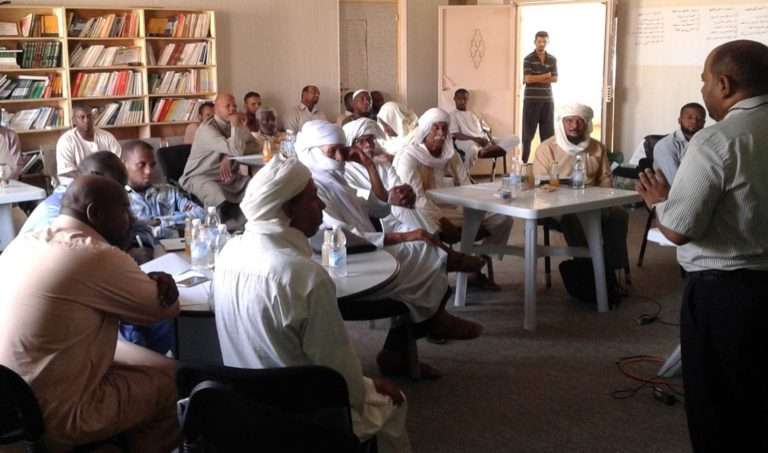
Innovation
Social Peace Partnerships have demonstrated that they can forge strong relationships of trust with local authorities, civil society, businesses and residents – but they are especially unique because of their versatility, acting as a resource for communities to meet different kinds of challenges in Libya. For example, Social Peace Partnerships provided leadership to act fast against COVID-19, with some using the networking power of social media to distribute information on how best to prevent and mitigate the spread of the virus. They also worked to change local narratives to avoid stigmatising certain groups as being the carriers of COVID-19. The basic Social Peace Partnership structure has also been used to engage with different types of programming, such as the UNDP Local Governance Project, which support local authorities to build capacity.
Impact
This note provides a brief overview of conflict sensitivity considerations relating to the international response to Storm Daniel in Libya which can be identified at this early stage of the response.
- Mediate complex conflict in local communities, despite the polarised environment; for example, a female member of the Ubari Social Peace Partnership mediated a complex conflict between the Tebu and Arab communities, preventing an escalation of violence
- Include marginalised voices (such as women and youth) in community decision-making processes through skills training and economic empowerment. In March 2020, a three-day youth forum in Zuwara brought together over 95 young activists from 27 towns/cities
- Build connectivity between towns that have become isolated through conflict divides and support a new narrative – that Libya is one country – through a “twinning” methodology, in which more experienced Social Peace Partnerships support less experienced Social Peace Partnerships
To view the SPLD Brochure, click here.
What is social peace?
Social peace is achieved when people have a strong two-way relationship with the state and other community groups, and they trust that decisions by the state are made fairly, even if they do not benefit from them directly.
Social peace does not entail removing differences in society or gaining consensus between all groups; rather, it means better management of conflicting interests and needs, so that people do not feel they have to resort to violence in order to protect their rights.
Social peace translated into action
In January 2020, representatives from the Tripoli Social Peace Partnership, Municipal Council and the Basketball Association worked together – supported by the more experienced Nalut Social Peace Partnership – to improve the physical environment in central Tripoli. This involved the rehabilitation of a local basketball ground and a children’s playground by youth, which all citizens could enjoy. When the rehabilitation was complete a charitable basketball game took place between the Tripoli and Nalut Social Peace Partnerships.
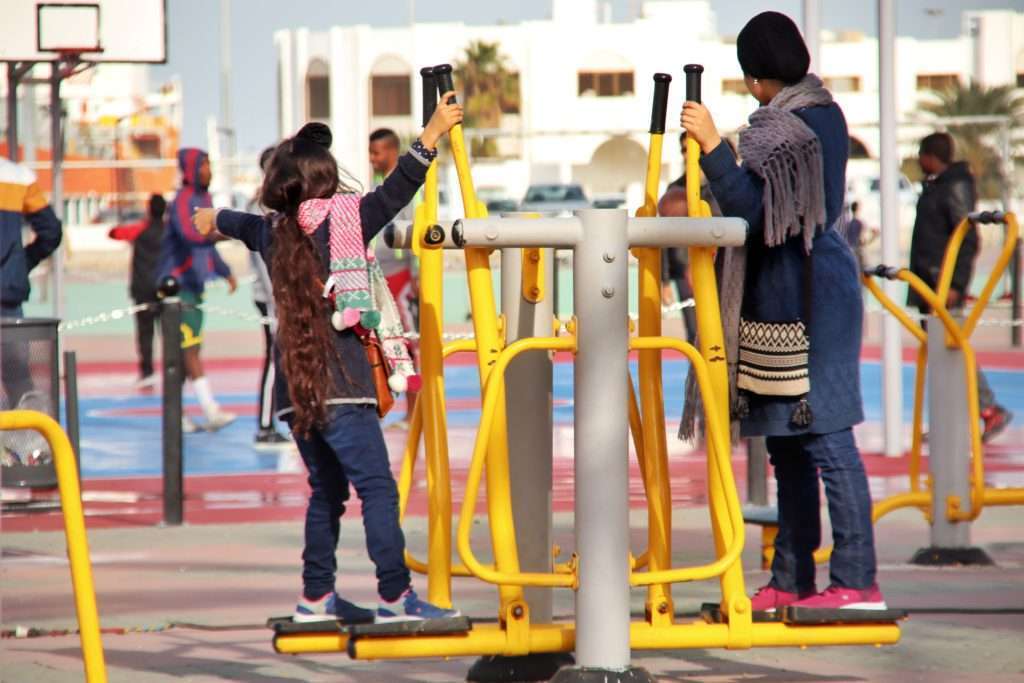
Recent Publications
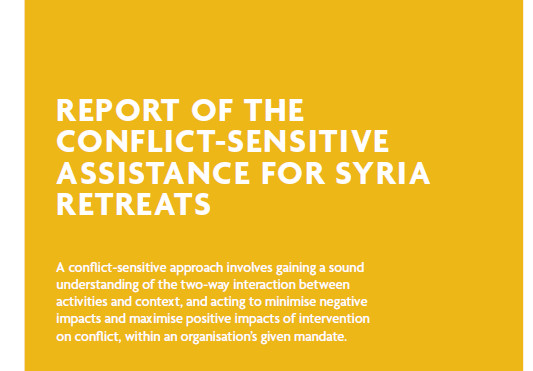
Report of the conflict-sensitive assistance for Syria retreats
Key findings and recommendations from three retreats with Syrian NGOs, international implementers, and donors. Participants reviewed the conflict-sensitive approach to
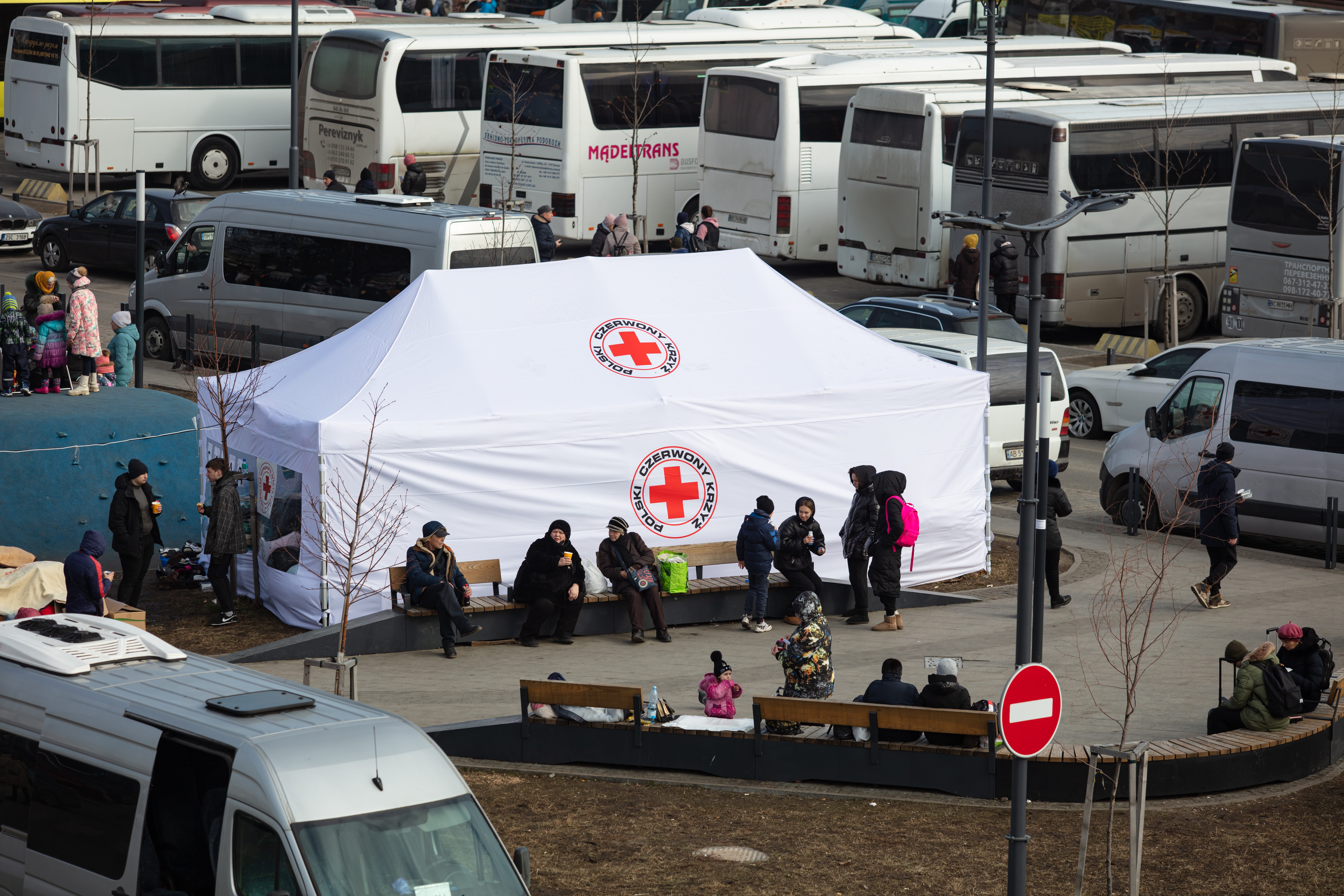
Guidance: conflict-sensitive due diligence tool
What this tool does This tool allows you take a due-diligence approach to decisions about whether to move ahead with
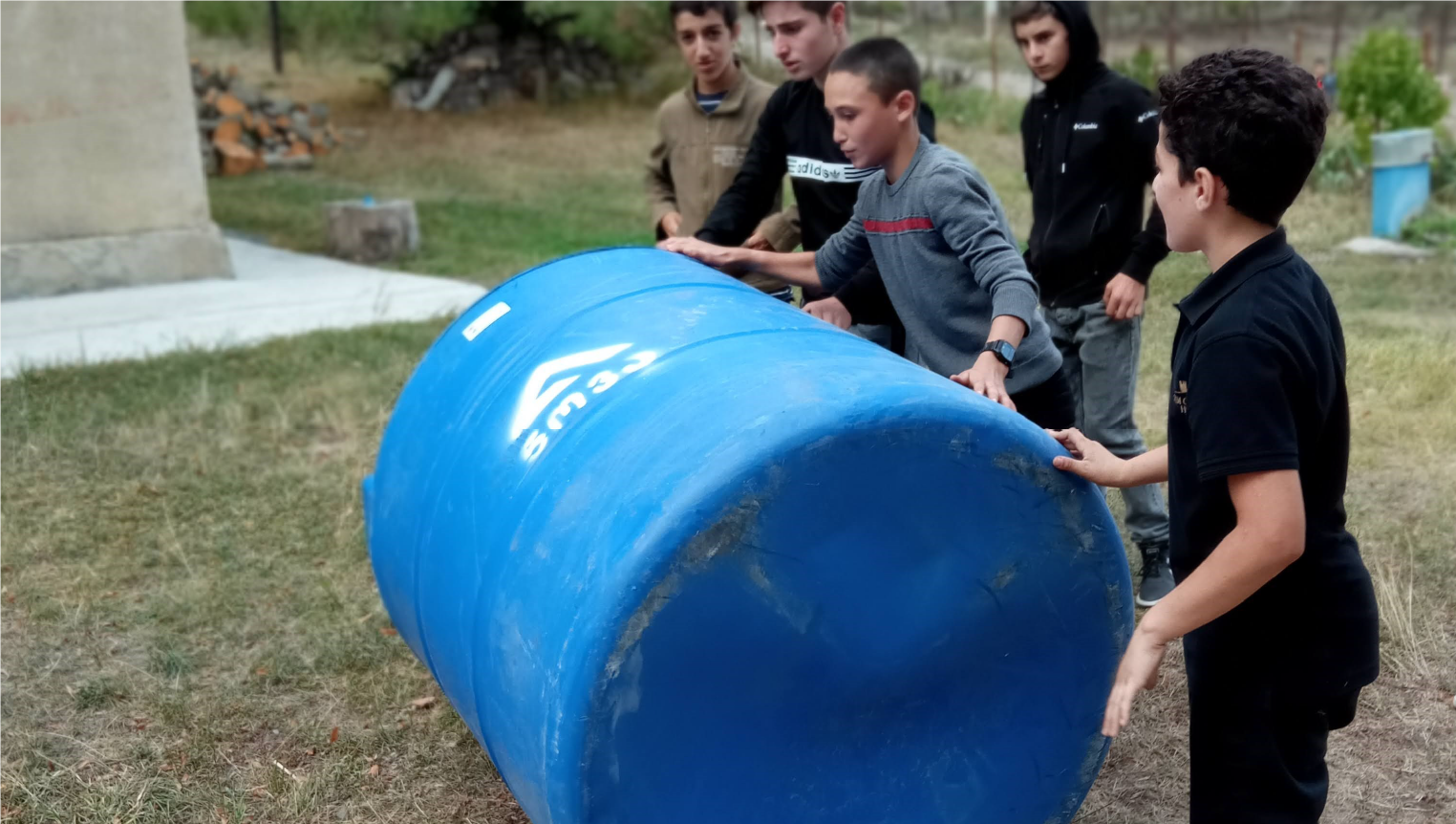
Supporting marginalised communities in Georgia impacted by COVID-19
This report has been produced by PCi’s partner organisation in Georgia, IDP Women’s Association Consent. The report summarises quantitative and
